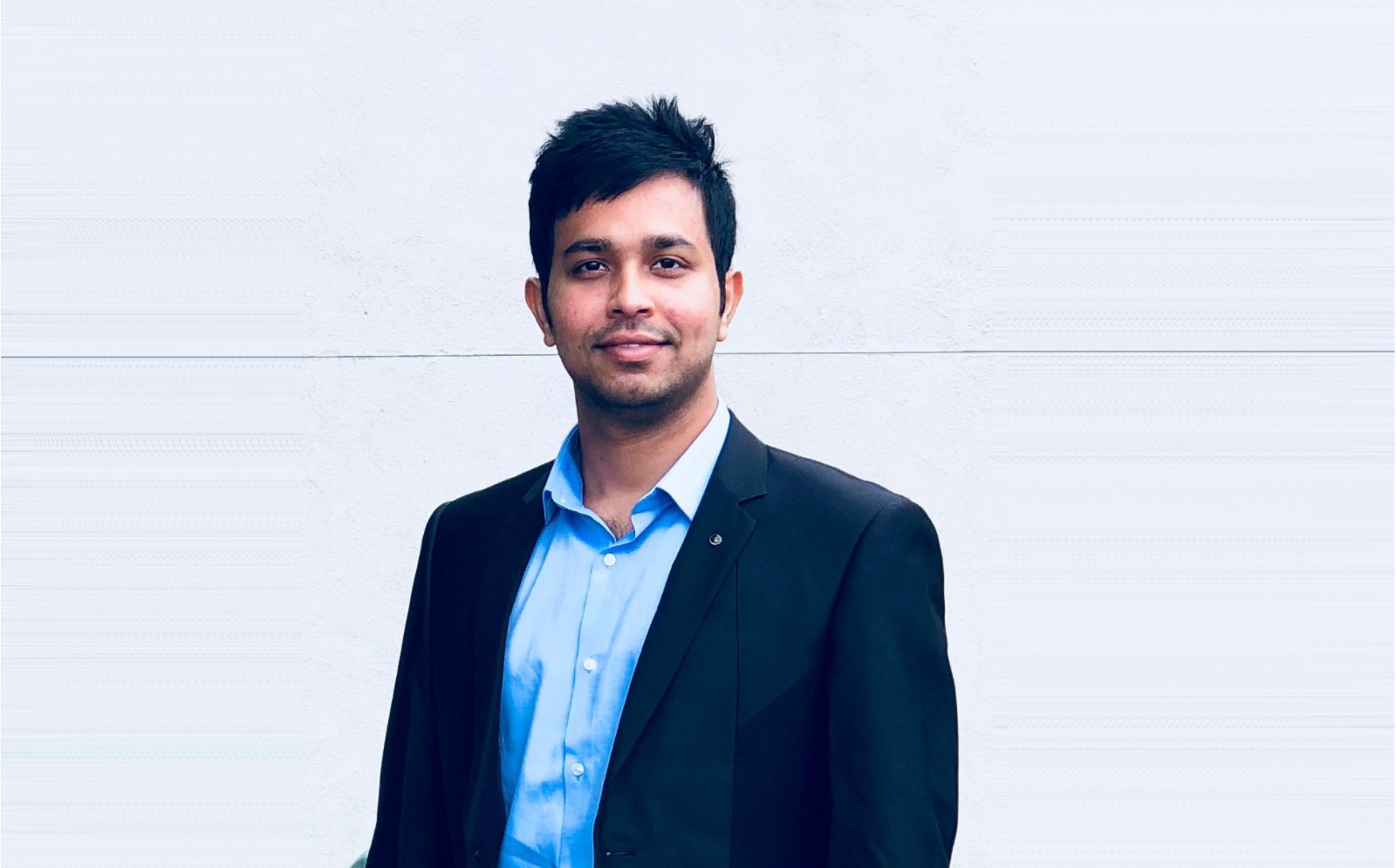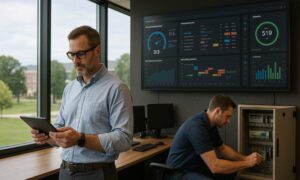In an era where cyber warfare has evolved into a domain as critical as land, sea, and air, the United States faces an unprecedented challenge—securing its digital infrastructure against increasingly sophisticated threats. As the global threat landscape continues to escalate, the integration of cybersecurity frameworks with regulatory compliance is no longer an option but an absolute necessity. At the forefront of this transformative effort is a select group of cybersecurity professionals whose expertise is instrumental in fortifying national security.
One such expert, Mr. Nikhileswar Reddy Marapu, has been working extensively in cybersecurity frameworks, compliance, and AI-driven security solutions, addressing some of the most pressing vulnerabilities across critical industries. His expertise in SIEM, endpoint detection and response (EDR), incident response, and vulnerability management, coupled with a deep understanding of compliance frameworks such as NIST SP 800-171, ISO 27001, SOC 2, HIPAA, and PCI DSS, places him in a unique position. This combination of skills is not only rare but essential for organizations operating within regulated environments, including financial services, healthcare, and government institutions.
The Criticality of Cybersecurity Compliance in National Security
Cybersecurity is no longer a field confined to private enterprises; it has become a matter of national security. The increasing number of state-sponsored cyberattacks and sophisticated ransomware campaigns targeting U.S. infrastructure demands professionals who not only understand security technology but can architect compliance-driven solutions to fortify mission-critical systems.
Mr. Marapu’s contributions in this space have been highly relevant. His work has focused on deploying and optimizing security monitoring solutions across industries that are pillars of the U.S. economy. With experience leading Security Operations Centers (SOCs) for large-scale enterprises, he has played a crucial role in refining incident detection and response mechanisms that align with U.S. cybersecurity mandates.
As early as 2019, he identified gaps in enterprise vulnerability management and contributed to solutions that integrated ISO 27001 and NIST frameworks to enhance risk mitigation strategies. His scholarly work that year, “Vulnerability Management in the Age of IoT: Adapting ISO 27001 for Connected Devices in Healthcare,” underscored the significance of compliance in securing medical infrastructure. In 2020, his research on ransomware attacks in U.S. public institutions gained widespread attention, offering a compliance-driven approach to mitigate large-scale cyber threats.
A Rare Skill Set in a High-Stakes Industry
The fusion of AI and compliance has been a game-changer in cybersecurity. While AI-driven security tools have existed for some time, their integration into regulatory frameworks is an emerging area, requiring professionals with a unique blend of technical depth and regulatory expertise. Mr. Marapu’s knowledge in AI-powered compliance monitoring and automated incident response has made significant strides in reshaping how organizations approach cybersecurity governance.
With the rise of adversarial AI and deepfake-driven cyberattacks, there is an increasing need for cybersecurity leaders who can navigate the intersection of security analytics, artificial intelligence, and compliance standards. Professionals like Mr. Marapu—who can translate complex regulatory requirements into actionable AI-enhanced security solutions—are exceptionally rare.
The Relevance of Cybersecurity Frameworks to U.S. Government Interests
The importance of NIST, HITRUST, and SOC 2 in federal cybersecurity policies cannot be overstated. U.S. government agencies and critical sectors rely heavily on these frameworks to maintain compliance with cybersecurity mandates, protect sensitive data, and fortify national security operations.
Given this backdrop, his specialization in integrating AI into security compliance frameworks makes his work highly relevant to federal and national interests. His contributions in enhancing SOC architectures, vulnerability remediation strategies, and AI-powered threat detection align with the broader objectives of U.S. cybersecurity initiatives, ensuring that both private and public-sector institutions remain resilient against evolving cyber threats.
His recent work in “Aligning Cybersecurity Compliance with Federal Privacy Laws: Challenges and Solutions for U.S. Enterprises” has been particularly notable in guiding organizations through the complexities of GDPR, HIPAA, and PCI DSS compliance. Furthermore, his 2020 research, “Strengthening Cyber Defense through SOC Optimization: Lessons from Incident Response in Financial Services,” has been recognized for its insights into financial cybersecurity—a domain of critical importance given the escalating threats targeting U.S. banks and financial institutions.
Looking Ahead: The Future of Compliance-Driven Cybersecurity
As cybersecurity threats become more insidious, the ability to automate compliance, detect threats in real-time, and respond to cyber incidents with AI-assisted intelligence will become an indispensable capability. The U.S. government’s growing reliance on cybersecurity experts who possess a rare mix of AI expertise, compliance acumen, and security architecture skills underscores the urgent need for professionals like Mr. Nikhileswar Marapu.
The next decade will see a proliferation of AI-driven cybersecurity solutions, but only a handful of individuals possess the necessary skills to design, deploy, and regulate these systems in compliance with national and international standards. His work in this space has already laid the groundwork for organizations to adopt AI-enhanced security governance, making him one of the few experts poised to drive the future of cybersecurity compliance in the United States.
In an age where digital sovereignty is as crucial as military defense, securing America’s digital frontiers requires more than just technology—it requires a strategic vision, a deep understanding of compliance frameworks, and the ability to adapt security measures to evolving threats. Professionals like Mr. Nikhileswar Reddy Marapu are not just securing networks; they are shaping the future of cybersecurity in ways that will impact both private enterprises and national security operations for years to come.



































